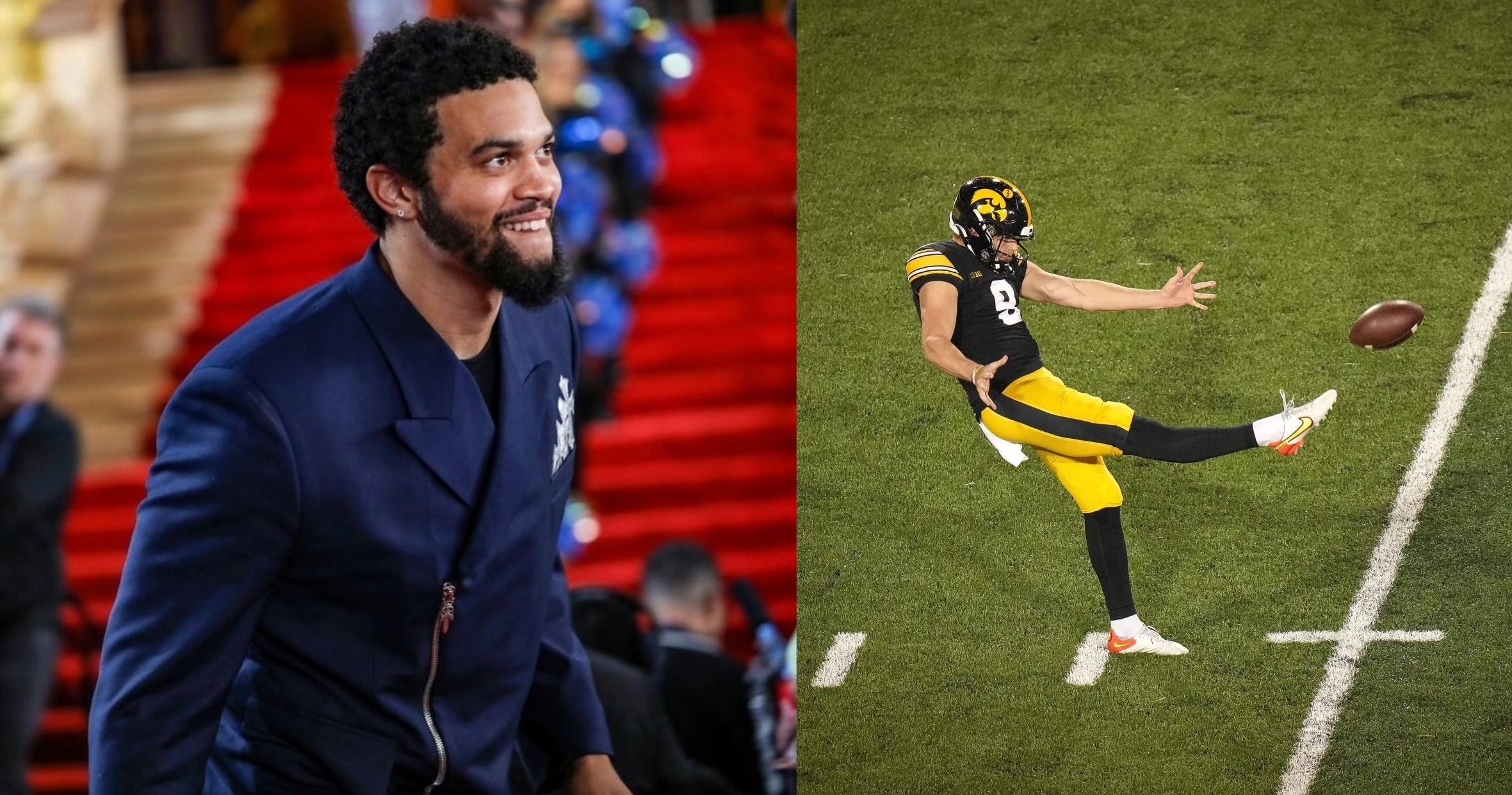It’s that time of year again. Let’s go get the **** kicked out of us by love.
Get ready to celebrate (or rebuke) the mother of all holiday romantic comedies.
Happy 20th anniversary to Love Actually. Released on Nov. 14, 2003, it has earned a permanent spot in the annual Christmas movie rotation. Love Actually and Elf, which both came out the same year, are two of the last great Yuletide films.
But unlike Elf, the legacy of Love Actually is complicated. Love Actually has its champions and detractors. For better or worse, it’s the most impactful romcom of the 21st century. You’ll routinely see homages in other movies, TV shows like Ted Lasso, and election parodies. Love Actually gave birth to forgettable knockoffs like Valentine’s Day and New Year’s Eve. And Love Actually is partially responsible for the popularity of the Hallmark Channel, which belches out so many made-for-TV Christmas movies that it does so even in the middle of summer.
There’s a lot to love about Love Actually, so let’s start with the positives. The star-studded mostly British cast featuring Hugh Grant, Emma Thompson, Colin Firth, Liam Neeson, Keira Knightley, Bill Nighy, Alan Rickman, Chiwetel Ejiofor, and Laura Linney is sensational. They all get opportunities to show off their acting and comic chops. But there are three clear-cut exceptional performances here: Grant, Thompson, and Nighy.
Early on, Grant was typecast as the romcom leading man. The handsome and charming Brit built a career out of it, but some roles were limiting. In Love Actually, because there were so many characters and stories, he didn’t have to carry the movie. So, in short spurts, Grant displays physical comedy coupled with his impeccable comic timing. As the Prime Minister, his attraction to Natalie seems genuinely sweet, albeit problematic (we’ll get to that later).
For Thompson, she portrays the most realistic person in the film. A woman finding out that her husband is having an affair with his young secretary is so common that it’s a cliché. The scenes where Thompson’s Karen discovers and then confronts her husband Harry (Rickman) are gut-wrenching and are the best-acted moments of Love Actually. You want to reach out and give Karen a hug.
While American audiences were previously familiar with Grant and Thompson, Nighy’s scene-stealing turn as an aging singer in pursuit of one last hit single was a revelation. Many of us discovered his razor-sharp wit for the first time. Nighy delivers blistering punchlines, including the classic: “Don’t buy drugs. Become a pop star, and they give you them for free.”
Love Actually is optimistic and beautifully filmed. It’s designed to put you in a good mood. If a regular-looking bloke like Colin Frissell can find his soulmate(s?) in a Wisconsin dive bar, there’s hope for us all.
So, what’s the problem?
Like many pop culture staples created two decades ago, there are things in Love Actually that have not aged well. There is the fat-shaming. There is the HR nightmare of the Prime Minster firing Natalie because he fancies her. And the movie’s most iconic scene is about a guy who wants to hook up with his best friend’s wife.
Some have accused Love Actually of being a sexist fantasy. Several male characters behave in ways that are weird or just plain awful. In a 2013 article for Jezebel, Lindy West pointed to Firth’s Jamie and Lúcia Moniz’s Aurelia. They have trouble verbally communicating because Jamie doesn’t speak Portuguese, and Aurelia doesn’t speak English.
West wrote: “Colin Firth falls in ‘love’ with Aurelia at first sight, establishing Love Actually’s central moral lesson: The less a woman talks, the more lovable she is. None of the women in this movie ****ing talk. All of the men in this movie ‘win’ a woman at the end. This ****amn movie.”
Love Actually was written and directed by Richard Curtis. Ever since his 1994 breakout hit Four Weddings and a Funeral, he has created a cottage industry for himself of British romcoms. He’s responsible for Notting Hill, Bridget Jones’s Diary, and About Time. Curtis might have made Love Actually with the best of intentions. After all, many of his movies are marketed to a female audience. However, West’s observations are valid.
She’s not the only one with an on-the-record objection. New York Times critic A.O. Scott called Love Actually “shallow and dishonest” in his 2003 review.
In the end, people vote with their dollars. A movie with a $40 million budget grossed $248 million worldwide. Love Actually remains popular. Is it problematic? Sure, but there are several pieces of art that you can take issue with.
Many still love Love Actually. And as Thompson’s Karen said, true love lasts a lifetime.
Love Actually is available to stream now on Netflix. A new 4K version is scheduled to be released for home video on Nov. 21. It will also be shown in select theatres starting Dec. 8.







